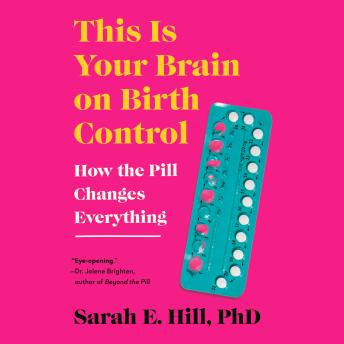
Reliable data on women’s health, Lidegaard explains, is everything. While writing this article, I caught up with him. Professor Lidegaard and his team were able to do this work for one simple reason: Denmark collects patient and prescription data.

From speculation about when or if the male pill will ever arrive to article after article about a "backlash" against the pill and reports that some women are looking to tracker apps such as Natural Cycles to provide an alternative, which in some cases has led to unwanted pregnancies because - guess what - an app can’t stop sperm fertilizing an egg, as the author Olivia Sudjic found out, recent headlines about hormonal contraception have been distressing and confusing.

Anyone who, like me, has ever experienced negative side effects as a result of taking hormonal contraception feels vindicated while medical experts seek to downplay the findings while panicking that women - even those for whom it works well - will throw away their contraception and take reproductive risks. Lipton’s is released, media hysteria ensues and girl gang WhatsApp groups are set alight. The stakes are high not only for women and people with wombs but for medical professionals who want to avoid scaremongering and a spike in unwanted pregnancies. This is an incredibly delicate subject, for good reason. While it’s fair to say that the pill has changed a bit since it first became available - the doses of synthetic hormones it contains are lower and therefore safer, for instance - there has been no great scientific innovation since its inception beyond the refining of the hormonal coil and implant. From the very first article I wrote on this subject to the one you’re reading now, there is one recurring theme: More research is needed to confirm exactly how women’s mental health is affected. I have spoken to leading NHS experts and consultants and traveled to Denmark while filming an episode of BBC Two’s science program Horizon, The Contraceptive Pill: How Safe Is It? where I interviewed the man behind two studies which have confirmed a link between hormonal contraception and mental health problems, Professor Øjvind Lidegaard. My own experiences of zero sex drive plus poor mental health in the form of relentless panic attacks, anxiety, depression, and suicidal thoughts, which I believe were connected to hormonal contraception have led me to investigate this area intensely over the last decade.


 0 kommentar(er)
0 kommentar(er)
